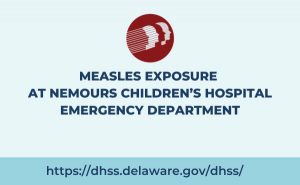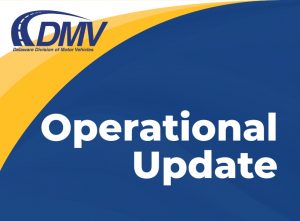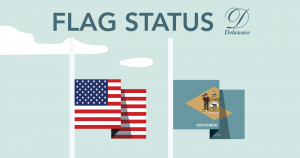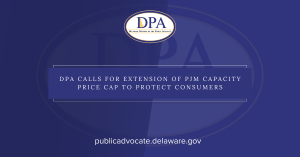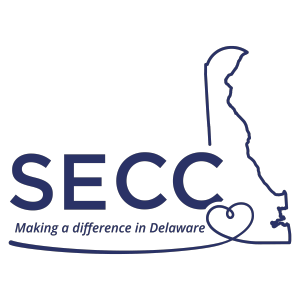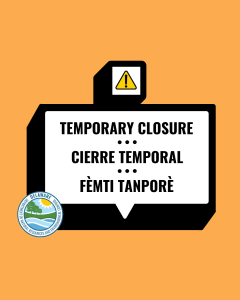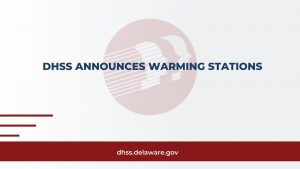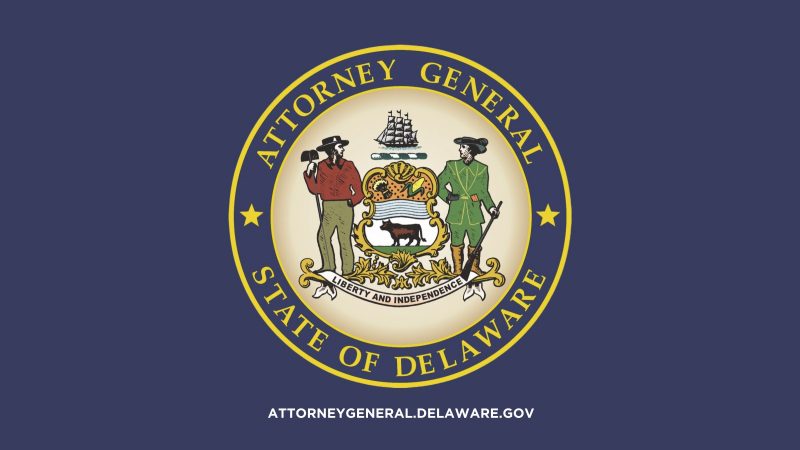
Jennings held out from a prior deal that would have been $4 billion less
Attorney General Jennings announced a historic $26 billion settlement with the nation’s three major pharmaceutical distributors and one of its largest opioid manufacturers, which will help bring desperately needed relief to those struggling with opioid addiction. The agreement resolves investigations and litigation over the role that Johnson & Johnson, Cardinal, McKesson, and AmerisourceBergen played in creating and accelerating the opioid crisis.
Delaware stands to receive more than $100 million from the settlement – a sum second only to the tobacco master settlement agreement – over the course of 17 years, with $20 million coming to Delaware in the first year. The settlement will resolve claims against the three distributors in Delaware’s pending opioid lawsuit, though claims against other defendants – including Purdue Pharma, Endo Pharmaceuticals, and Walgreens – remain ongoing.
AG Jennings co-led negotiations with a group of states’ attorneys general, and was instrumental in adding nearly $4 billion to the settlement agreement since last summer. The agreement also requires significant industry changes that will help prevent this type of crisis from happening again.
“No amount of money can make whole the families who have paid the true costs of the opioid epidemic,” said Attorney General Jennings. “Delawareans from Selbyville and Seaford to Middletown and Claymont have suffered enormously, all because the world’s largest drug dealers were insatiable in their pursuit of profit. Now communities across this country are struggling to keep up with demand for life-saving treatment, prevention, and abatement. We fought hard for a settlement that helps them do that and that saves lives; now we have it. We are hard at work getting our local partners signed on to this agreement so that we can maximize the amount of money that goes to Delawareans.”
The agreement would resolve the claims of nearly 4,000 states and local governments across the country that have filed lawsuits in federal and state courts. Following today’s agreement, states have 30 days to sign onto the deal and local governments in the participating states will have up to 150 days to join to secure a critical mass of participating states and local governments. States and local governments will receive maximum payments if each state and its local governments join together in support of the agreement.
Under the settlement agreement:
- The three distributors collectively will pay up to $21 billion over 17 years.
- Johnson & Johnson will pay up to $5 billion over nine years with up to $3.7 billion paid during the first three years.
- The total funding distributed will be determined by the overall degree of participation by both litigating and non-litigating state and local governments.
- The substantial majority of the money is to be spent on opioid treatment and prevention.
- Each state’s share of the funding has been determined by agreement among the states using a formula that takes into account the impact of the crisis on the state – the number of overdose deaths, the number of residents with substance use disorder, and the number of opioids prescribed – and the population of the state.
The agreement also requires significant industry changes designed to help prevent this type of crisis from happening again. The agreement will result in court orders requiring Cardinal, McKesson, and AmerisourceBergen to:
- Establish a centralized independent clearinghouse to provide all three distributors and state regulators with aggregated data and analytics about where drugs are going and how often, eliminating blind spots in the current systems used by distributors.
- Use data-driven systems to detect suspicious opioid orders from customer pharmacies.
- Terminate customer pharmacies’ ability to receive shipments, and report those companies to state regulators, when they show certain signs of diversion.
- Prohibit shipping of and report suspicious opioid orders.
- Prohibit sales staff from influencing decisions related to identifying suspicious opioid orders.
- Require senior corporate officials to engage in regular oversight of anti-diversion efforts.
The 10-year agreement will also result in court orders requiring Johnson & Johnson to:
- Stop selling opioids.
- Not fund or provide grants to third parties for promoting opioids.
- Not lobby on activities related to opioids.
- Share clinical trial data under the Yale University Open Data Access Project.
This settlement – which follows up on an agreement with McKinsey & Company that will deliver $2.58 million to Delaware – is a result of investigations and lawsuits by state attorneys general into whether the three distributors fulfilled their legal duty to refuse to ship opioids to pharmacies that submitted suspicious drug orders and whether Johnson & Johnson misled patients and doctors about the addictive nature of opioid drugs.
Tragically, just last year, nationwide opioid overdose deaths rose to a record 93,000, a nearly 30 percent increase over the prior year. In recent years, Delaware has experienced the second-worst rate of overdose deaths in America, after West Virginia.
From 2006 to 2012 alone, opioid manufacturers, distributors, and pharmacies shipped 276 million prescription opioids – more than 100,000 a day, with the potency of 5.5 tons of morphine – into Delaware. In that period, more than 2 million prescription pills were shipped into Selbyville – a community which was only home to about 2,000 residents.
Abatement funds from the settlement will be deposited with Delaware’s newly-established Opioid Settlement Fund Commission and will be managed by an independent, multilateral panel of stakeholders charged with allocating the funds toward abatement, prevention, and treatment.




